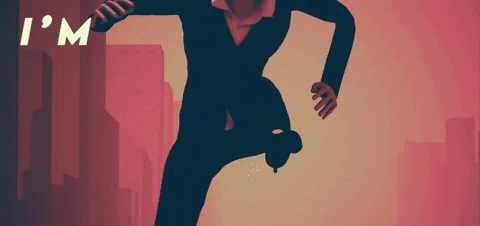What do you think?
Rate this book


416 pages, Paperback
First published January 1, 1920
I detest what I am, outwardly. I loathe myself as a human being. Humanity is a huge aggregate lie, and a huge lie is less than a small truth. Humanity is less, far less than the individual, because the individual may sometimes be capable of truth, and humanity is a tree of lies.
She knew, with the perfect cynicism of cruel youth, that to rise in the world meant to have one outside show instead of another, the advance was like having a spurious half-crown instead of a spurious penny.
 *
*I want to find you, where you don’t know your own existence, the you that your common self denies utterly. But I don’t want your good looks, and I don’t want your womanly feelings, and I don’t want your thoughts nor opinions nor your ideas—they are all bagatellas to me.
“You’ve got to lapse out before you can know what sensual reality is, lapse into unknowingness, and give up your volition.”
…his body stretching and surging like the marsh-fire, stretching towards her, his hand coming straight forward like a stem. Her voluptuous, acute apprehension of him made the blood faint in her veins, her mind went dim and unconscious. And he rocked on the water perfectly, like the rocking of phosphorescence.

"You've got to take down the love-and-marriage ideal from its pedestal. We want something broader. --I believe in the *additional* perfect relationship between man and man--additional to marriage."